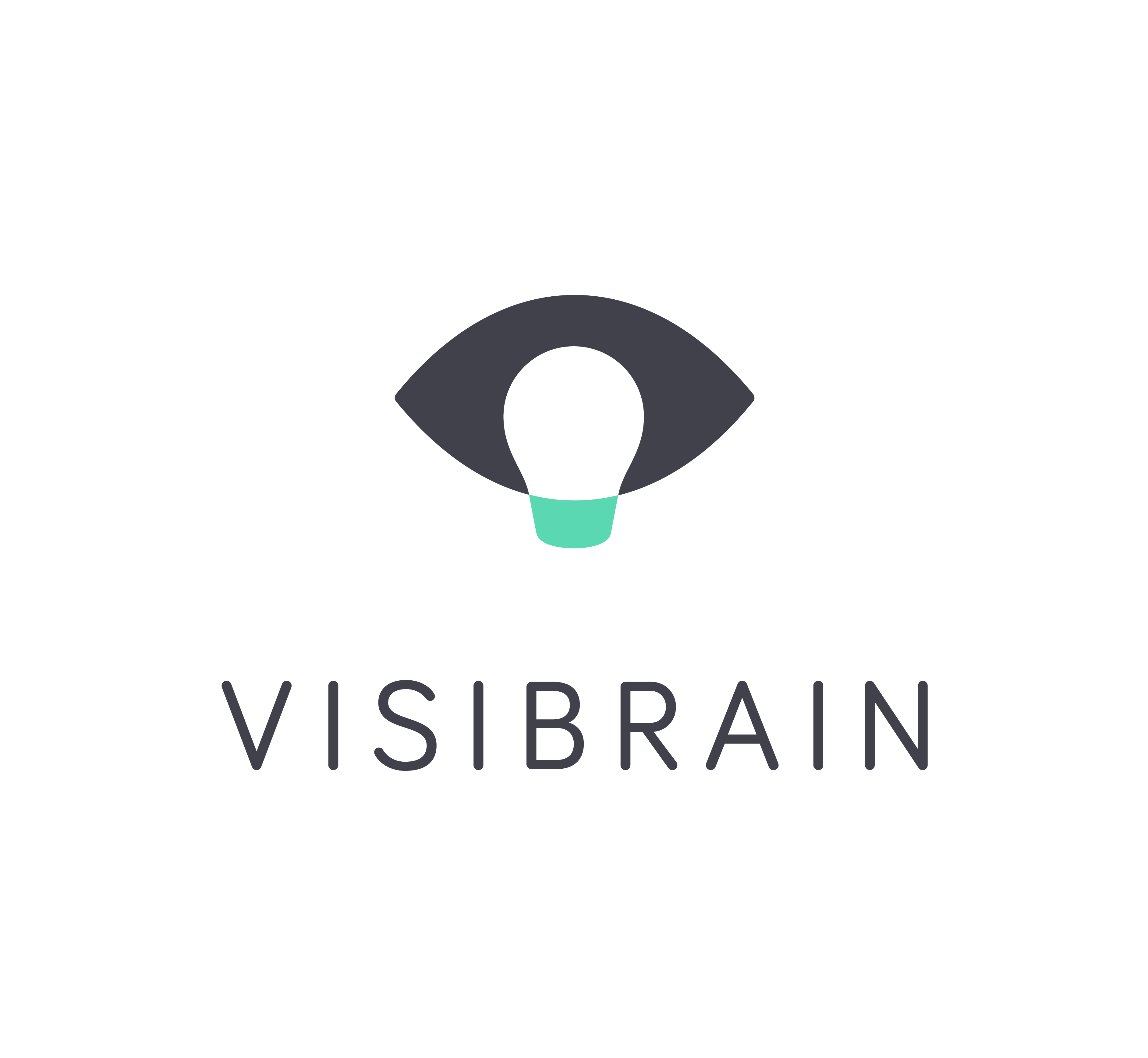I wanted to get out a quick post based on some great experiences this week. The interactions were on many different channels; Twitter, Email, Skype, Phone, Face-to-face, Groups, Blogs...all of which make for great engagement, learning and productivity. Or, with so many channels to watch, does productivity take a hit? My approach to work has changed, a lot, especially during the past year. That drives the question is will everyone be as willing to make the changes they need to, in order to bring your business into the future?
A strong influence on my thinking this week came from two sources. One was a very simple tweet by @designthinkers (Arne van Oosterom) where he said simply "Change is synonymous to future". A very insightful 5 word tweet. My response was "then why do people look forward to the future, but hate change"? I am far from a student in philosophy, I could easily get myself in over my head quite fast. This was my lead-in to the IDC Directions conference in Boston yesterday. Thinking on this topic during my quick jaunt from Vermont to Boston. The conference was very good, and for those of you on the west coast, you can go the 2.0 version next week.
The subject that interested me the most (and the second major influence) was the Social Business track hosted by Michael Fauscette (@mfauscette) and his team from IDC. Michael's talk was a fluid, well presented session on Social Business - or more appropriately how to get there. One running theme throughout his talk regarded the platform - no, not technology, the people. Another running theme was about culture, the culture required to enable a Social Business (a topic that will come up at SugarCon as well). Since 'people are the platform' does represent a change and will be required to move us into the future, how do we enable this change, without disruption? Or, as little disruption as possible.
I should be able to quickly bring these two thoughts together
For the most part, people do like looking to the future (no, not all people all the time) but, there may be a bit of hesitation. The reason; because moving forward often requires change, and very few people really look forward to change. As Arne correctly (my opinion) pointed out to me, there is the paradox. If change equates to the future, but people like one, but not the other, where does that leave us? When you say "change" or "change management" alarm bells, defense mechanisms and barriers get thrown up quickly. However, in order for people to accept Social Business or Social CRM, there is going to need to be a change in the culture within an organization - the whole organization, not just sales, or support. Without a change, then it will simply become about technology and we will repeat mistakes we have made before.
How do you help people get past the hesitation?
The answer is simple, really. Make your teams, your people, your platform part of the process - and talk about the future, not change. If you listen to your teams, they will in turn become better listeners. People are social, they want to share, then they will lead the charge. Break down silos, enable, reward and promote people being social. Why, because they know your customers and it the right thing to do. Being Social is a state of mind and culture, it is not about technology. Focus on establishing value for all the constituents of your ecosystem, and then things will really come together.

Link to original post





